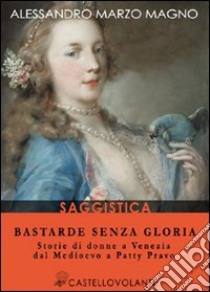


“The family memoir tells the love story of my paternal grandparents and the dark turn it took when the Nazis came to power. has developed a special interest in the writings of Italian Jewish women, publishing essays on Sara Copio Sullam, Rachel Morpurgo, and Flora Randegger. “I am also looking forward to giving time and space to some creative writing, including a family memoir and a chamber play,” she said. Sara Copio Sullam and Debora Ascarelli, the best-known Jewish women poets of the age of the Italian ghetto, have often been studied with a focus on the. Along with the fascinating and ephemeral personality of Sara Copia Sullam, the Ghettos poetess who had to defend herself from the accusation of disbelief in. “At Cambridge I dove into the life and writings of the wonderfully feisty Jewish poet Sara Copio Sullam.”ĭa Fonseca-Wollheim plans to explore Rome’s museums, churches, and cafes while finishing some essays and a book review. “At Sussex University I delved into the story behind the publication of the first feminist treatise in Italian, Moderata Fonte’s Il Merito delle Donne,” she said. Not many know that she earned a PhD in early modern Italian literature before becoming a critic. Corinna Da Fonseca-Wollheim is best known for her writing on classical music for the New York Times.


 0 kommentar(er)
0 kommentar(er)
